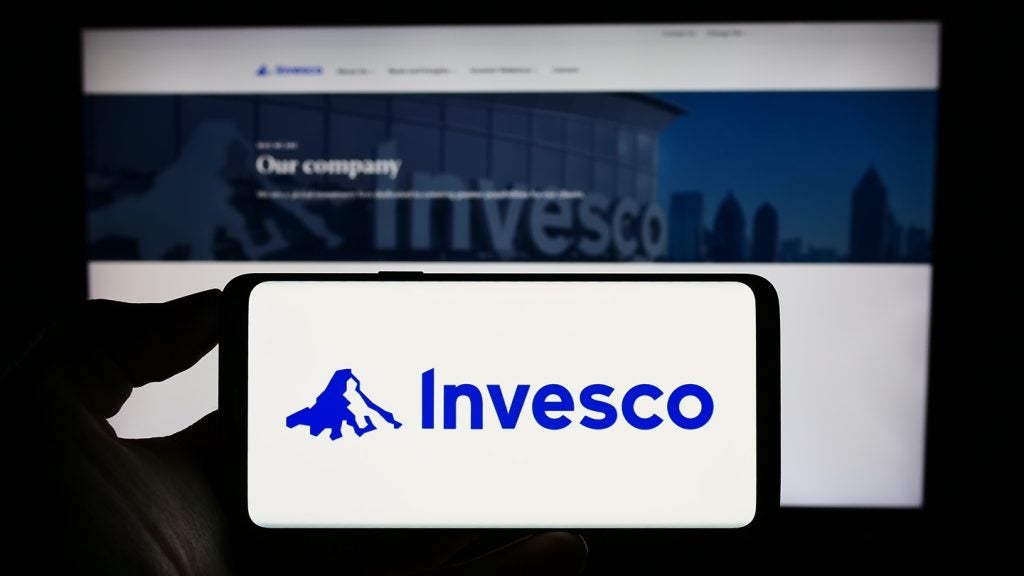Wegelin & Co has
been crushed by a US legal and regulatory assault, sending
shockwaves through the Swiss banking industry. Which bank will be
next in the firing line as the US steps up its war on banking
secrecy and tax evasion? Fifteen may be heading towards the
critical list.
 Wegelin, founded in
Wegelin, founded in
1741 in St Gallen and ranking as the oldest Swiss private bank, has
effectively broken itself up as an independent entity, a result of
a concerted legal onslaught by the US authorities.
Commentators suggest that up
to 15 other banks may be under scrutiny from the US, wider than the
pool of 11 banks, quoted elsewhere.
The bank opted to sell most
of its business to the Raiffeisen Group, a Swiss cooperative bank,
after a rapid CHF4bn ($3.7bn) outflow of clients funds at the turn
of the year as it became clear Wegelin would be subject to US
action.
The new vehicle will be
called Notenstein Private Bank, a 100% subsidiary of Raiffeisen.
The sale price for Wegelin, which had CHF21bn in assets, was not
disclosed. The US action was unleashed in early January, when US
authorities charged three Wegelin bankers with conspiring to hide
more than $1.2bn in US client assets from tax officials.
How well do you really know your competitors?
Access the most comprehensive Company Profiles on the market, powered by GlobalData. Save hours of research. Gain competitive edge.

Thank you!
Your download email will arrive shortly
Not ready to buy yet? Download a free sample
We are confident about the unique quality of our Company Profiles. However, we want you to make the most beneficial decision for your business, so we offer a free sample that you can download by submitting the below form
By GlobalDataBy early February, Wegelin
agreed the sale of its non-US business to Raiffeisen – just before
it then received the first indictment by the US of any foreign bank
over hiding untaxed money for wealthy Americans.
Wegelin senior managing
partner Konrad Hummler said the sale had resulted from “the
extraordinarily difficult situation and threat to the bank brought
about by the legal dispute with the US”.
The shock break-up by Wegelin
still came as a surprise, despite the fact that the US Department
of Justice (DOJ) is investigating 11 Swiss and Swiss-style banks
suspected of offering offshore tax evasion services to
Americans.
It is known that Washington
regulators had been angered by the high-profile Hummler and his
personal campaign against the Washington clampdown on overseas
evasion. He wrote a “farewell, America” note to Wegelin clients in
2009, urging them to sell any US securities they owned given the
heightened US scrutiny of tax dodgers.
Significantly, the indictment
of Wegelin by the DOJ charged the bank and the three officers with
courting US clients fleeing UBS after it was subject to tough
American action.
By wooing clients leaving
UBS, Wegelin “opened new undeclared accounts for at least 70 US
taxpayers”, according to the indictment.
In 2009, UBS avoided US
prosecution by admitting it aided tax evasion, paying $780m and
handing over data on 250 accounts. It later disclosed information
on about 4,450 more accounts.
Meanwhile, Bank Julius Baer
confirmed it was likely to be among the banks to be next in
Washington’s firing line. CEO Boris Collardi said Baer expects to
pay a fine to resolve tax matters with the US although it was
stressed that the bank had the “resources to satisfy a resolution”
to these issues.
Baer last year paid Germany
€5m ($65m) to conclude an investigation over undeclared client
assets.
An end to US-Swiss
negotiations?
In Switzerland, the hope now
is that the long-running negotiations between Washington and Berne
can come to a satisfactory settlement of the banking dispute and
avert further legal action that would further cripple Swiss
banking.
The Swiss side has already
made several concessions, such as providing administrative
assistance in the delivery of encrypted data on the behaviour of
bank employees who have helped US nationals suspected of tax
evasion.
Hans Geiger, professor at
Zurich University’s Swiss Banking Institute, is not hopeful over a
happy outcome for Switzerland, however.
“It looks like an ‘every man
for himself’ situation is developing,” he said, talking after
reports in Zurich suggested that several banks were looking to cave
in and agree unilateral settlements with the US authorities instead
of cooperating for a deal under the umbrella of Swiss government
negotiators.
Nearly one in three private
banks still has no strategy for the next five years to tackle such
tax compatibility issues, according to a new study by St Gallen
University and KPMG.
In particular, some 15 Swiss
banks had to act quickly to respond to various challenges,
including the US pressure, strong Swiss franc and higher IT and
regulatory costs, before it became too late, said Daniel Senn, head
of Financial Services for KPMG Switzerland.
“Most Swiss private banks
surveyed continue to rely on established cross-border business to
acquire clients abroad. This is, however, increasingly reaching its
limits due to tighter regulation and its effect on cost,” Senn’s
study found.
In other developments, the
European Union exerted its own pressure on Switzerland after EU Tax
Commissioner Algirdas Semeta called for the Alpine state to
eliminate banking secrecy and renegotiate tax agreements with
Britain and Germany that which with regional
initiatives.
Those two pacts allow British
and German client identities to remain secret, although their funds
in Switzerland will be subject to withholding taxes.
The latest signs are that
Switzerland will indeed have make further concessions to its
neighbours in order to preserve even a limited form of banking
secrecy.
Importantly too, Switzerland has been left off a list of
five European countries that will have reciprocal reporting rights
on foreign financial institutions to comply with the US’s Foreign
Account Tax Compliance Act (FATCA).







